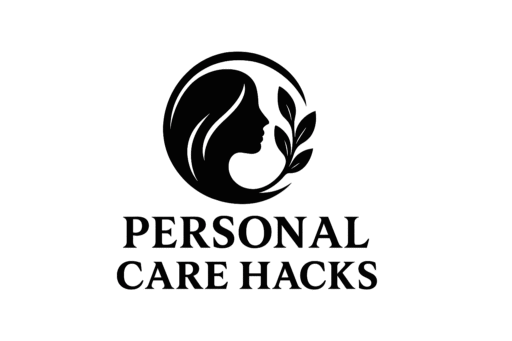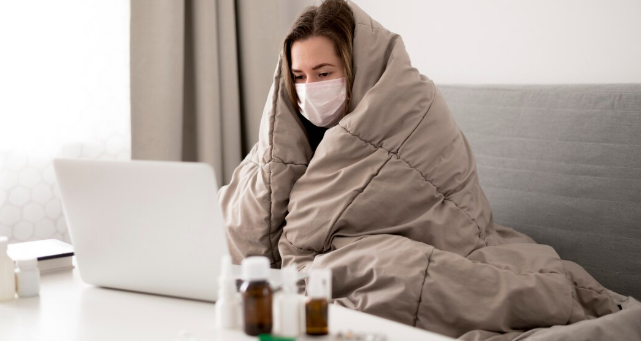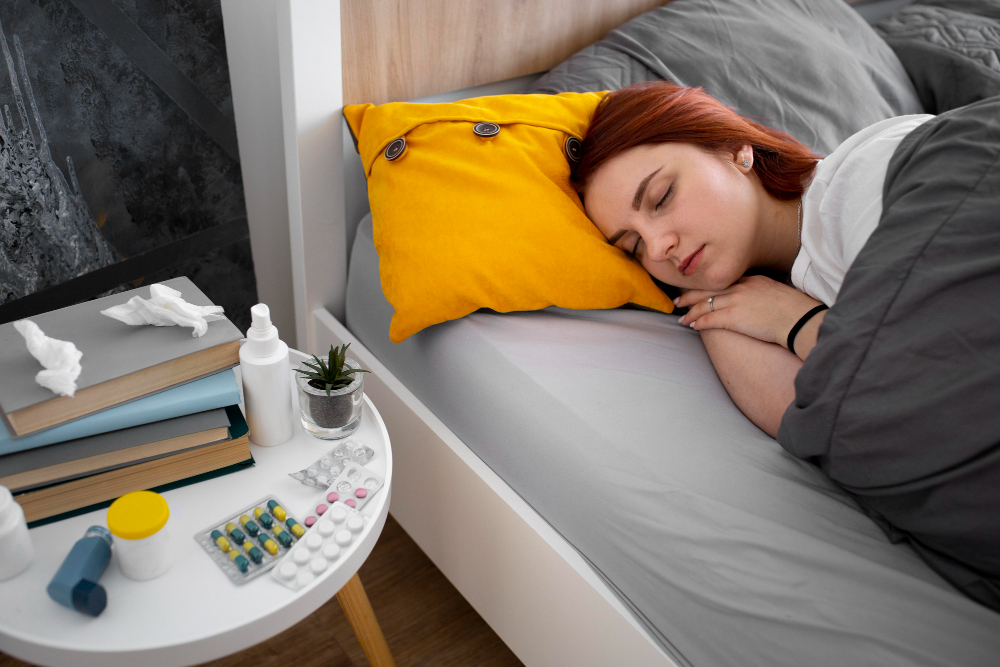Many people recovering from COVID-19 experience lingering symptoms, including post-COVID insomnia. Sleep disturbances are among the most common issues reported during recovery. Factors like lingering inflammation, stress, anxiety, changes in daily routines, and even medications can make it difficult to fall asleep or maintain deep sleep. Poor sleep can slow recovery, weaken immunity, and negatively affect mental health, making it essential to address insomnia proactively.
Fortunately, there are several science-backed strategies and remedies to help improve sleep naturally after COVID-19. In this article, we’ll explore effective methods to combat post-COVID insomnia, improve sleep quality, and restore a healthy sleep pattern.
Why Post-COVID Insomnia Happens?
Post-COVID insomnia can be caused by a combination of factors:
- Inflammation and immune response – COVID-19 triggers cytokine release and immune activation, which can interfere with sleep regulation and disrupt the brain’s natural sleep-wake cycles.
- Stress and anxiety – Recovery often comes with worries about health, reinfection, or financial and personal challenges. Elevated stress hormones like cortisol can make it hard to fall asleep.
- Changes in routine – Isolation, reduced physical activity, and irregular schedules during illness can disrupt your circadian rhythm.
- Medication side effects – Certain medications used during COVID-19 treatment, such as steroids or decongestants, can interfere with sleep.
Understanding these underlying causes helps identify the most effective remedies to improve sleep naturally.
1. Establish a Consistent Sleep Routine
A consistent sleep schedule is one of the most important remedies for post-COVID insomnia. Resetting your circadian rhythm helps signal your body when it’s time to sleep and wake.
- Go to bed and wake up at the same time every day, even on weekends.
- Avoid long naps during the day, which can reduce sleep pressure at night.
- Create a relaxing bedtime ritual: reading a book, listening to calm music, or practicing light stretching can help signal your body that it’s time to sleep.
2. Optimize Your Sleep Environment
Your bedroom environment has a significant impact on sleep quality. Creating a comfortable and calming space can help you fall asleep faster and stay asleep longer.
- Keep your room cool, dark, and quiet. Ideal temperatures range from 65–70°F (18–21°C).
- Use blackout curtains or sleep masks to block light and reduce distractions.
- Consider a white noise machine or earplugs to minimize ambient sounds.
- Invest in a comfortable mattress and pillow. Products like the Zinus Green Tea Memory Foam Mattress provide ergonomic support and are infused with natural green tea extract for freshness, promoting better sleep quality.
3. Limit Stimulants and Alcohol
Certain substances can interfere with sleep and prolong insomnia.
- Caffeine – Avoid coffee, tea, or energy drinks at least 6 hours before bedtime.
- Nicotine – A stimulant that can make it harder to fall asleep.
- Alcohol – While alcohol may initially make you drowsy, it disrupts REM sleep and leads to lighter, fragmented sleep.
Replacing caffeinated drinks with herbal teas such as chamomile or valerian root can promote relaxation and prepare the body for sleep. A good option is this Herbal Sleep Tea on Amazon, which combines natural ingredients known to reduce stress and support deeper sleep.
4. Practice Relaxation Techniques
Stress and anxiety are major contributors to post-COVID insomnia. Practicing relaxation techniques can calm the nervous system and help you fall asleep faster.
- Deep breathing exercises – Slow, deep breaths reduce heart rate and prepare the body for sleep.
- Progressive muscle relaxation – Tense and release muscle groups from head to toe to relieve physical tension.
- Meditation or guided imagery – Helps reduce racing thoughts and promotes a sense of calm before bedtime.
Even 10–20 minutes of relaxation exercises each evening can have a significant effect on sleep quality over time.
5. Light Exposure and Daytime Activity
Natural light exposure during the day helps regulate the body’s internal clock, promoting better sleep at night.
- Spend 20–30 minutes outside in the morning sunlight.
- Engage in light physical activity, such as walking, stretching, or yoga, to improve circulation and reduce stress.
- Avoid bright screens and blue light from phones or computers at least 1 hour before bedtime. Using blue light blocking glasses during evening screen time can also help maintain your circadian rhythm.
6. Dietary Remedies for Better Sleep
Certain foods and drinks can support better sleep and help regulate neurotransmitters that influence rest:
- Magnesium-rich foods – Spinach, pumpkin seeds, and almonds support relaxation and muscle function.
- Complex carbohydrates – Oats, quinoa, and whole grains promote serotonin production, which helps regulate sleep.
- Herbal teas – Chamomile, valerian root, and peppermint can calm the nervous system naturally.
- Avoid heavy meals – Eating large or spicy meals close to bedtime can cause indigestion and disrupt sleep.
7. Cognitive and Behavioral Strategies
For some individuals, insomnia persists even after addressing lifestyle factors. Cognitive strategies can help:
- Cognitive Behavioral Therapy for Insomnia (CBT-I) – This is a structured program that helps you identify and replace thoughts and behaviors that disrupt sleep.
- Sleep journaling – Track your sleep patterns and triggers to identify habits or factors that interfere with rest.
- Mindful goal-setting – Avoid worrying about the next day while in bed; keep a notepad nearby to jot down urgent tasks.
8. Seek Professional Help if Needed
If insomnia continues for several weeks or worsens, consult a healthcare professional:
- Sleep specialist or pulmonologist – For post-COVID respiratory or sleep-related issues.
- Therapist or counselor – For anxiety, depression, or PTSD-related sleep disturbances.
- Medication – In some cases, short-term medication may be prescribed, but it should always be used under medical supervision.
FAQ
Question: How can I treat post-COVID insomnia?
Answer: To treat post-COVID insomnia, establish a consistent sleep routine, optimize your sleep environment, limit caffeine and alcohol, practice relaxation techniques, get morning sunlight, engage in daytime activity, consume sleep-supportive foods, and consult a healthcare professional if sleep problems persist.
Final Thoughts
Post-COVID insomnia is a common but manageable condition. By establishing healthy sleep routines, optimizing your bedroom, practicing relaxation techniques, supporting your body with the right foods, and seeking professional help when needed, you can restore restful sleep and accelerate your recovery. Consistency is key — small, sustainable changes in your daily habits can make a significant difference in improving sleep quality after COVID-19.
Two Amazon affiliate product suggestions included in this article: Zinus Green Tea Memory Foam Mattress and Herbal Sleep Tea, both designed to support deeper, more restorative sleep naturally.



Leave a Reply